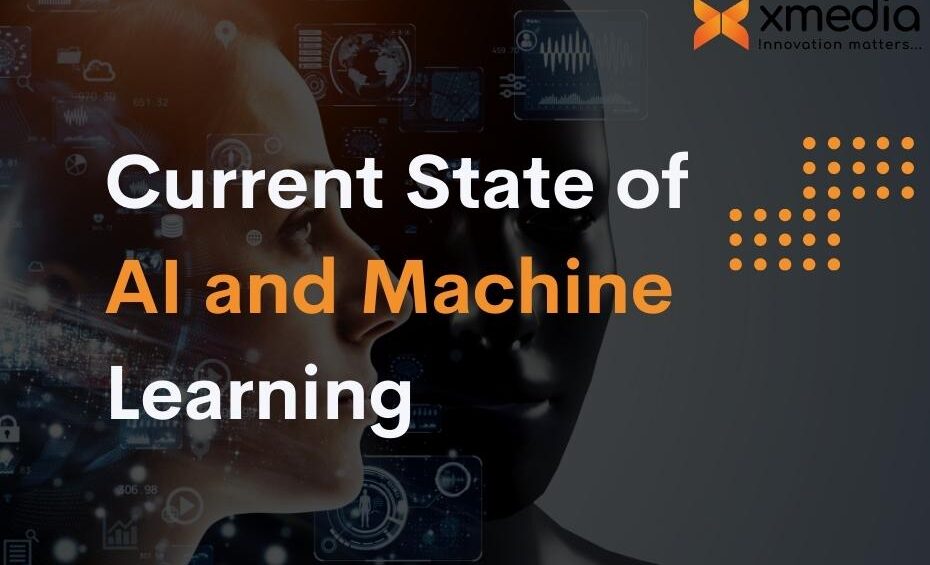Artificial intelligence (AI), also known as machine intelligence, is the area of research and development that focuses on creating computers and robots that can parse data contextually to provide requested information, provide analysis, or cause events based on findings. Companies all over the world are investing in training computers to think more like humans using techniques like machine learning and
neural networks.
Artificial General Intelligence, or AGI (also known as “strong AI” or “real AI”), is a form of artificial intelligence that has progressed to human-like intelligence levels. Although current machines outperform humans at some tasks, no AI has yet to effectively reproduce the full breadth and scope of human abilities and intelligence.
Machine learning is a methodology focused on artificial intelligence for creating computer systems that learn and evolve over time. Operating self-driving vehicles, controlling investment funds, conducting legal discovery, making medical diagnosis, and testing innovative work are all examples of popular machine learning applications. Now some robots are being taught to play video games.
Advantages of AI
Artificial intelligence can aid in the reduction of human error, the development of more accurate analytics, and the transformation of data collection devices into effective diagnostic tools. Wearable devices, such as smartwatches and fitness trackers, are one example of this, as they place data in the hands of users, allowing them to take a more active role in maintaining their wellbeing.
Future of AI
As you would expect, artificial intelligence technology is constantly evolving, and Business Insider Intelligence is keeping a close eye on how AI can shape the future of a number of industries, including the Internet of Things (IoT), transportation and logistics, digital health, and various divisions of fintech, such as life insurance.
















